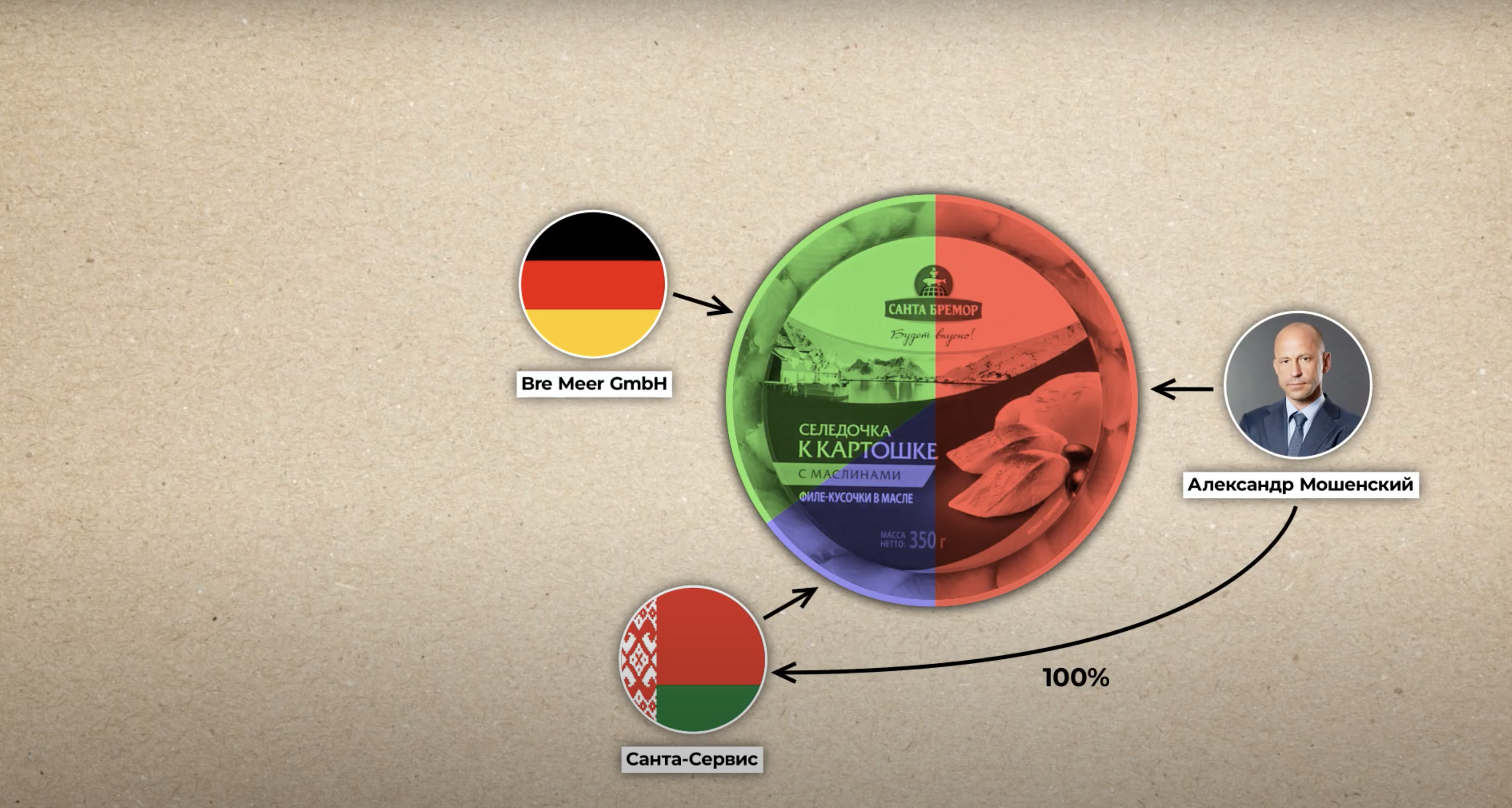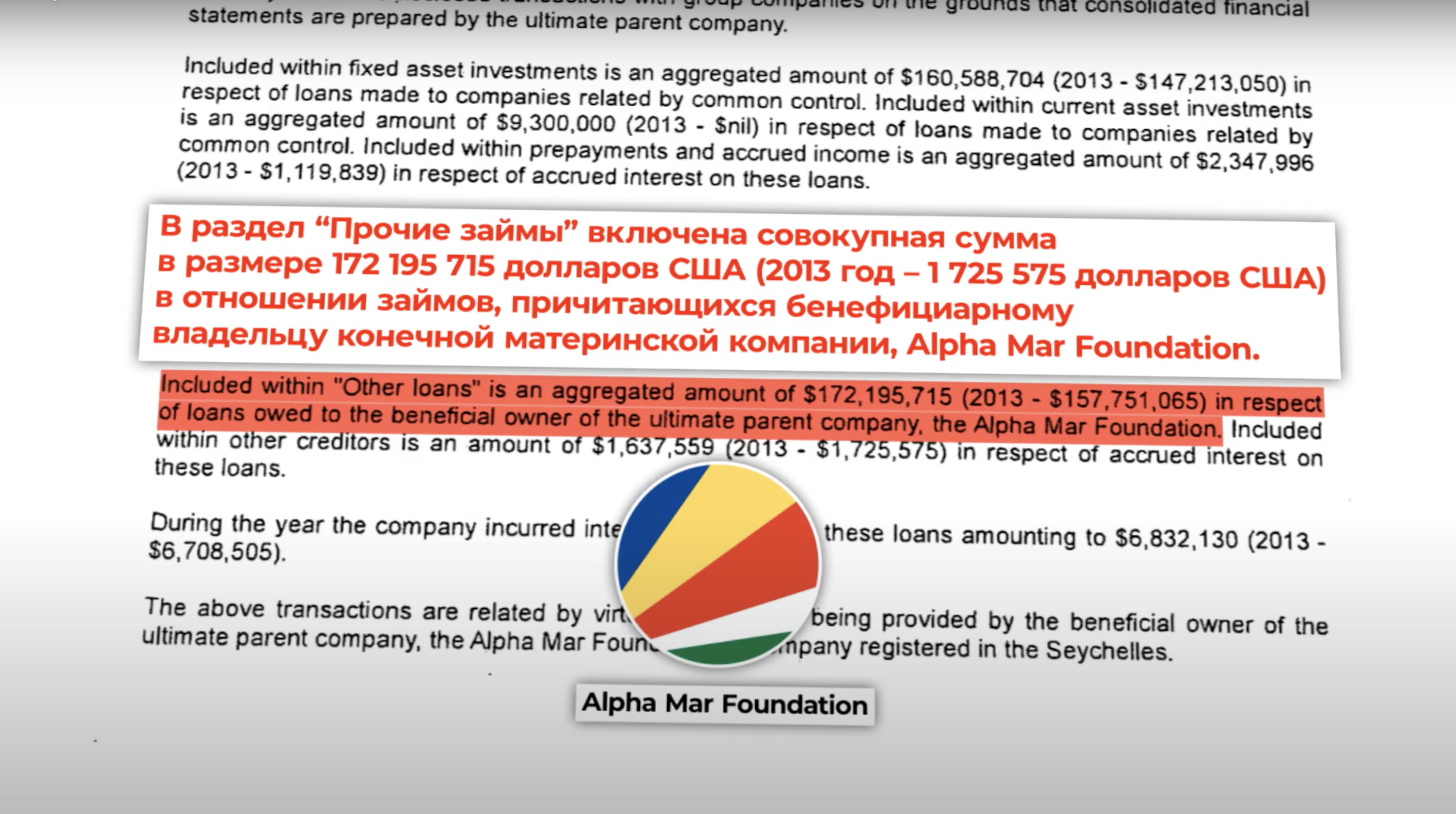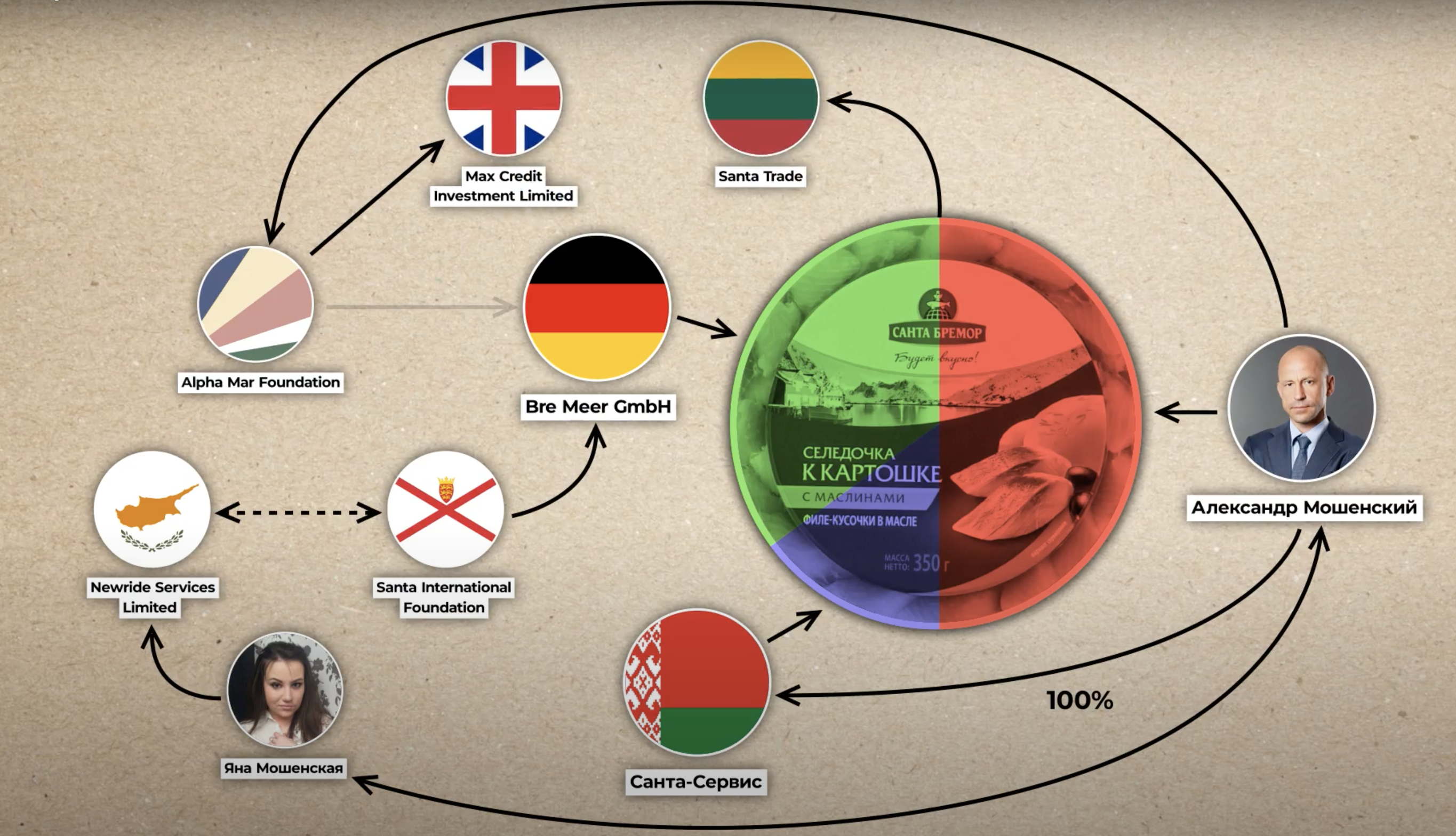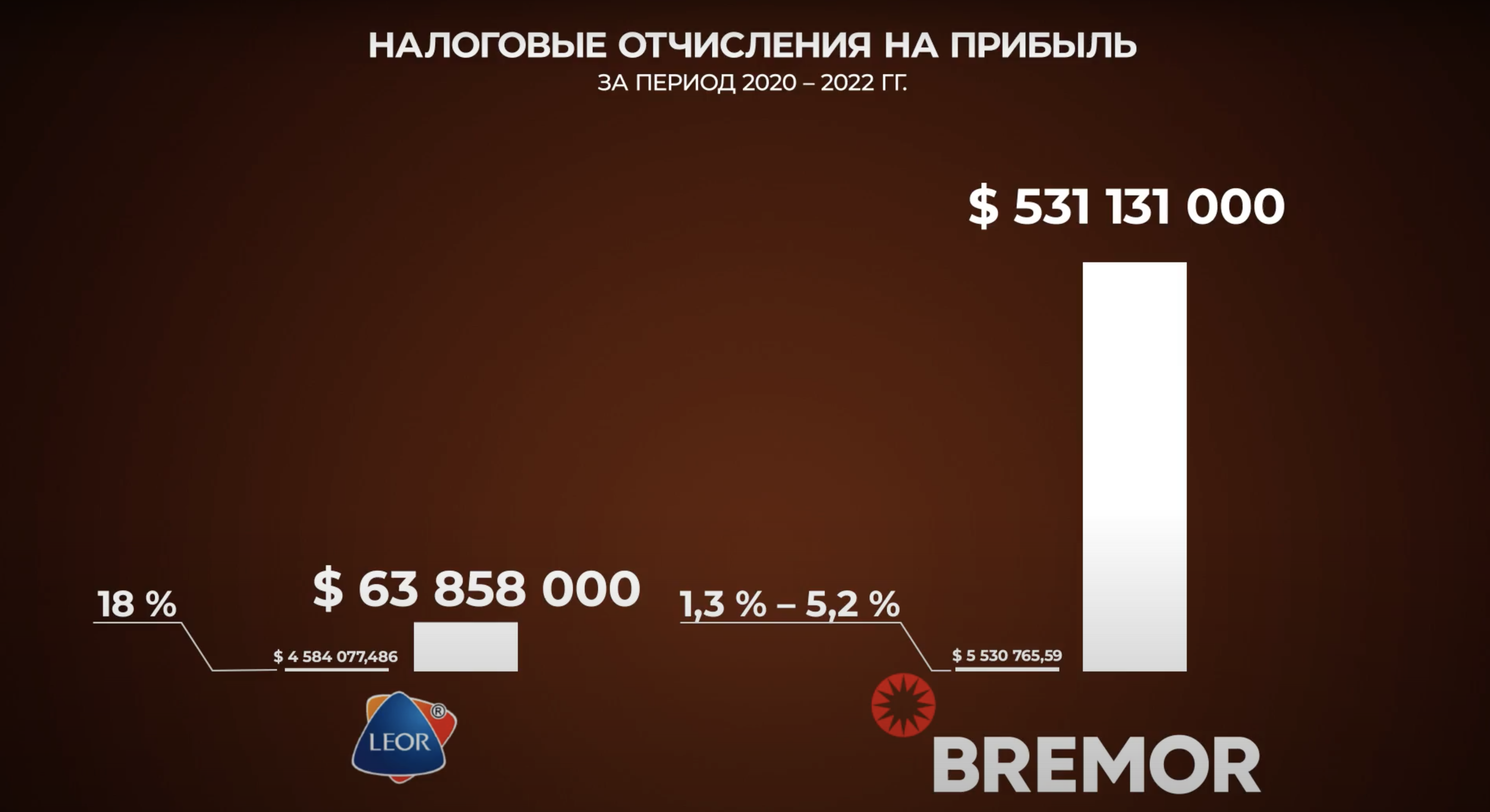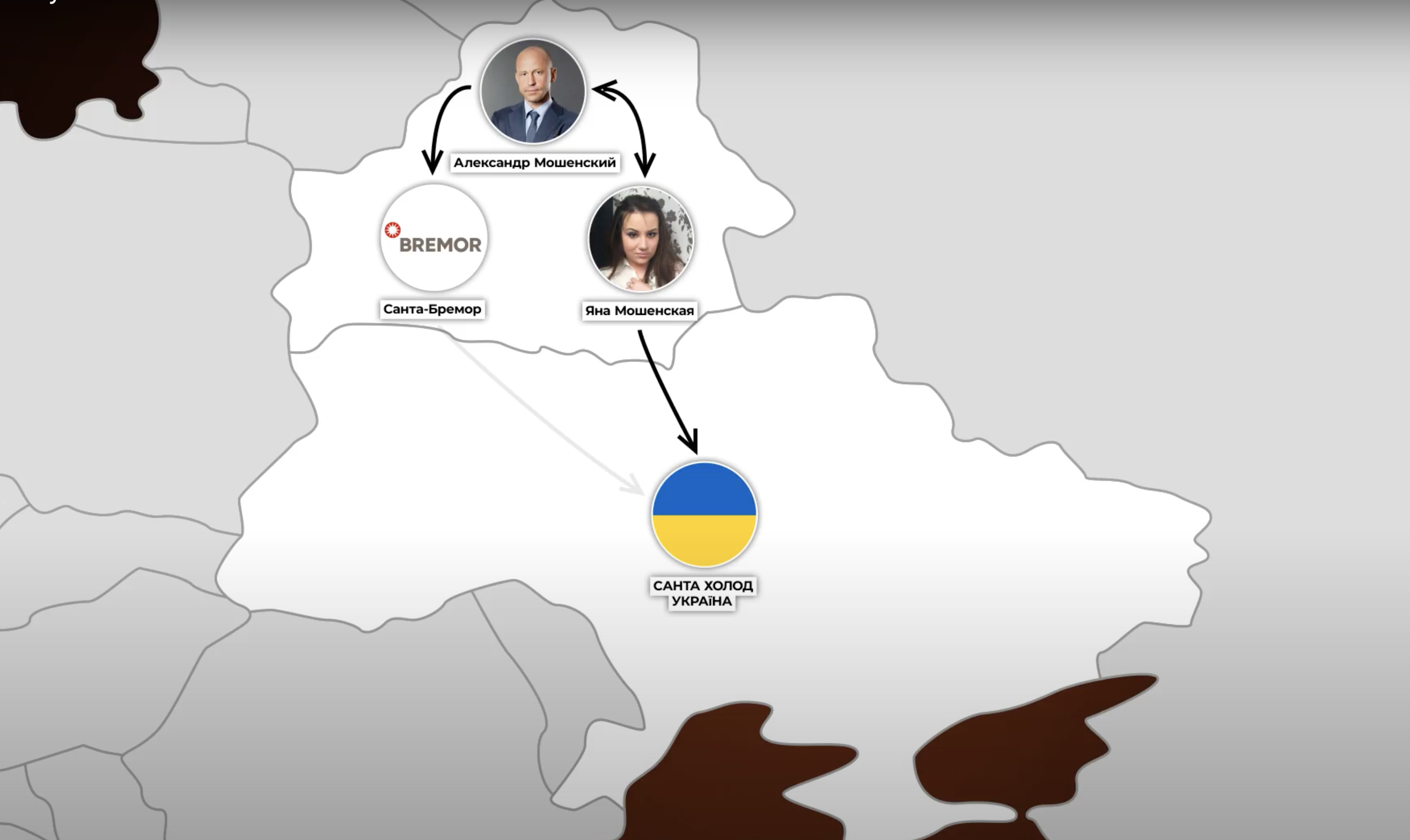Taking to Lukashenko's entourage like a duck to water
The relationship between Mashenski and Lukashenko did not end after the 2010 election. BIC investigators found some interesting airplane flights taken by Mashenski.
In 2016, a government Boeing 767 flew from Minsk to Doha. Lukashenko was on an official visit, first to Qatar and then to the United Arab Emirates. Only Lukashenko's closest associates were on board: his aide Mikalai Korbut, personal security guard Mikalai Latyshonak, press secretary Natallia Eismant, personal doctor Sviatlana Kanashenka, and two sons – Nikolai and Viktor. They were accompanied by several businessmen, including Alexander Shackutin, Sergei Teterin and Mashenski. [*]
We also found two flights on which Alexander Mashenski accompanied Dmitry Lukashenko, another son of the president, and his family. They flew together from Istanbul to Minsk in March 2013 and from Minsk to Pisa in August 2019. [*][*]
Mashenski's links with Lukashenko's family do not end there. He is a member of the Central Council of the Presidential Sports Club, headed by Dmitry Lukashenko.
Many Belarusian businessmen have paid a steep price for their close ties to Lukashenko and his family. For example, Alexander Shackutin or Sergei Teterin who, like Mashenski, flew to Doha with Lukashenko, fell under EU sanctions. They were blacklisted not only because of their links with current Belarusian authorities, but also because they had received personal benefits for their businesses from them. Mashenski has not been sanctioned.
Rivers of sweeteners
At the end of the 1990s, Belarus began creating free economic zones (FEZ). The goal was to boost the economy by developing high-tech, export-oriented production. The Santa Bremor company has been located in the Brest FEZ since its establishment. The company was producing a truly new product for the country – vacuum-packed herring fillets. Santa Bremor is still a resident of the Brest free economic zone. This allows the company to receive various benefits from the state. For example, it does not pay income tax if it sells its products for export.
Mashenski admitted to journalists that he owed his success to state support among other things:
"As for Santa Bremor, if we were outside the FEZ, the company would have grown more slowly. The privileges granted to us increase our competitiveness in Russia, Ukraine and countries where customs and tax legislation is different from that of Belarus."
Santa Bremor has grown over the years. It now has six workshops and employs around 5,000 people. Mashenski's competitors are smaller and are not located in any FEZ. But their ontributions to the Belarusian budget are comparable to that of the state-subsidised Santa Bremor.
For example, the Navahrudak-based company Leor Plastik, which also produces herring preserves, has paid more than $4.5 million in profit tax to the treasury over the past three years. Over the same period, Santa Bremor paid only $946,000 more than that, even though its pre-tax profit was eight times higher than that of Leor Plastik. Mashenski explained in his letter to BIC:
"The amount of income tax payable is not only determined by the tax rate itself, but also by several other factors. The most important of these is investment. The tax code encourages investment in the development of production through an investment deduction for taxpayers. In addition, the amount of profit tax payable is reduced by sponsoring healthcare organisations. In the period you are inquiring about (the last three years), the companies of the Santa Group have donated around $6 million to charity."




